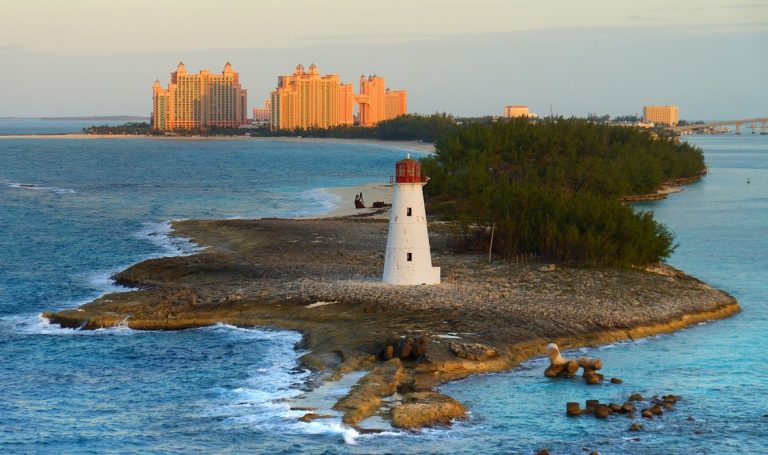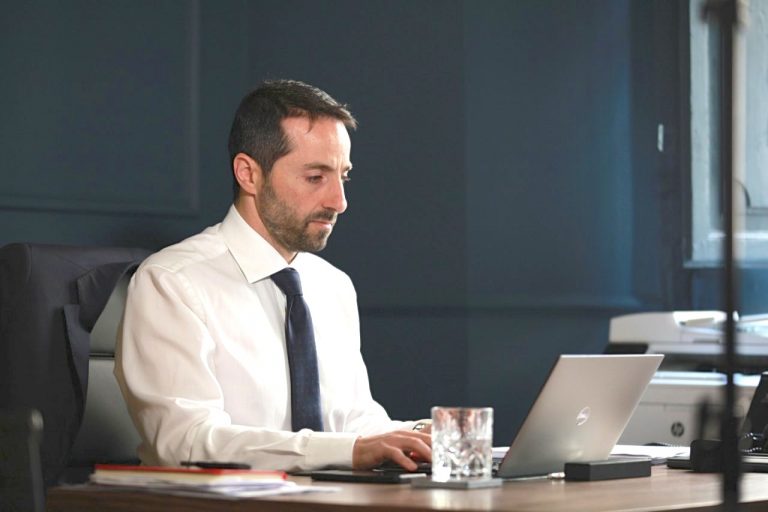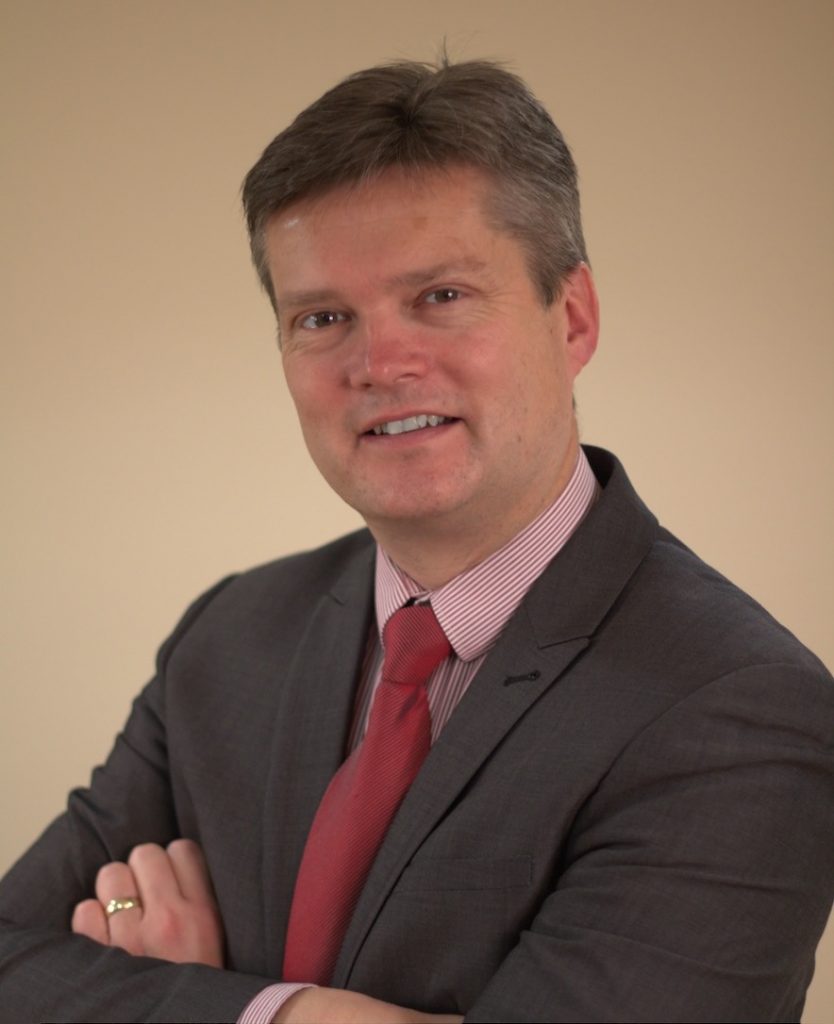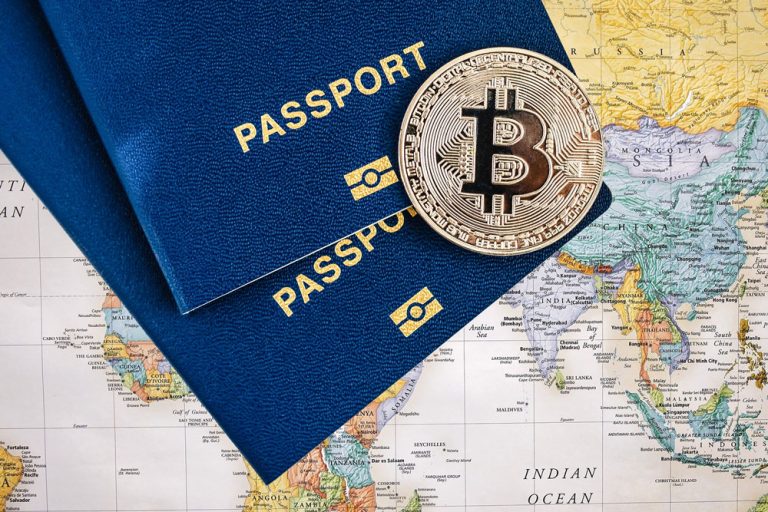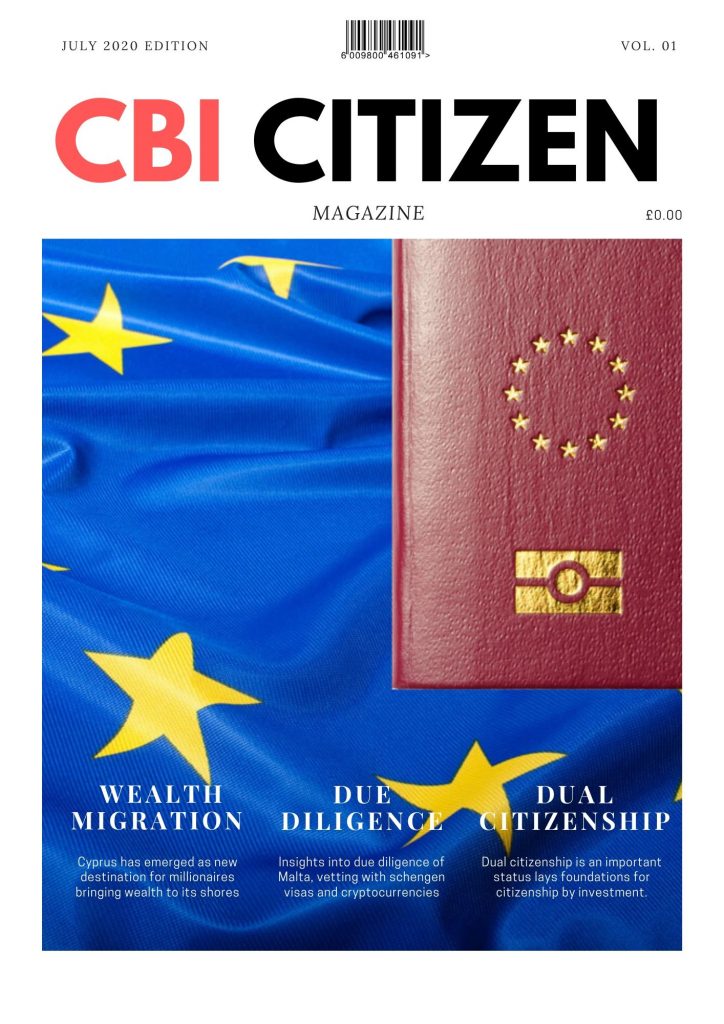by Prabhu Balakrishnan, Founder of Citizenship Coin Startup
I was the architect of Citizenship coin project back in 2018, being a lead developer, it was one of the most exciting projects i was ever involved in. I spearheaded the development taking digital technologies to new level with great interest. My background in machine learning and algorithmic skills came in handy in the coin development.
Dont Ignore Cryptocurrencies
In recent years Cryptocurrencies has emerged as new asset class a $120 billion market today, traded in Wall street and stock markets worldwide. Bitcoin and other cryptocurrencies have resisted Covid-19 and Government takeovers, remains an important asset for financial freedom and privacy in the age of capitalism. Experts recommend a small percentage of wealth management portfolio invested in crypto assets. Hence it is impossible to ignore Bitcoin and other cryptocurrencies which emerged recently as as a new source of wealth creation.
Crypto currencies were extremely popular at that time, i came about a new idea of linking a crypto asset to citizenship by investment by creating a new coin powered by blockchain for the CBI industry to address volatility, due diligence, de-risking issues from bank monopoly, a much cheaper and easier way to transfer large sums of money to boost real estate transactions for citizenship purpose.
After months of development, we launched the project in April 2018. We demonstrated full working model of the project by issuing free coins with free source code on Github for the industry to work together in the development of citizenship coin..

Citizenship coin is a non-volatile cryptocurrency tied to Euro currency so that one coin equals the value of one euro.
1 CTZ = 1 EUR
A total of 20 million minted pre-mined coins available for transactions which can be exchanged through our own Crypto bank. www.citizenshipcoin.org
We did not stop with just the coin, we extended the idea even to become our own licensed Crypto (‘C’) bank. The bank would issue coins after verifying KYC/DD to all users. Coin assets can be exchanged with the ‘C’ bank to fiat anytime.
The Problem
Bitcoin and other traditional cryptocurrencies cannot be used within the CBI/RBI industry due to extreme volatility, due to their nature of anonymity it is impossible to do due diligence and verify source of funds. These funds could be illegally obtained through hacking, viruses, scams, terrorism, drugs and will fail all compliance checks. It is precisely for these problems it has become impossible to open bank account for crypto startups in friendly countries that support virtual currency
What we need is our own custom built coin offering cheaper faster payment system in compliance with all national and international Govt rules (AML/CFT)
Our Solutions
We solved the problem of volatility by tieing the coins to euros, a strong, well known and trusted fiat currency. We then solved the problem of due diligence and verifying lawful source of funds by establishing our own crypto bank complying with existing regulations. We finally solved the derisking problem by switching to EUR instead of US dollar, thus avoiding transactions passing through US financial system. ‘C’ Bank would protect all assets through insurance keeping assets in cold storage vault.
The Launch of the Citizenship coin in April 2018 took the industry by surprise despite blockchain and cryptocurrencies in infancy and difficult topic to understand. I still believe it was way ahead of time. After some marketing, we received investor interests for our startup.
Our startup still in development and by the end of 2020, we will launch a app to safely transfer, trade citizenship coins. We are in the planning stages to identify crypto friendly jurisdiction for a license.
Despite our initial failures, we will keep pushing our luck making our startup a success for the CBI industry. We still have miles to go!
Due Diligence of Cryptocurrencies
There are over 1600 crypto coins in the market and accepting cryptocurrencies carry hight risks
The Basic underlying problem with accepting bitcoin and other cryptocurrencies is identifying the lawful nature of the funds. Many agents and real estate developers do accept bitcoin but again the problem is you dont know where it comes from. For this reason no Govts accept cryptocurrency for citizenship by investment purpose.
At Best Citizenships, though we are capable of accepting any cryptocurrency, we tell clients first to convert their crypto assets to fiat, withdraw to bank account using Coinbase and then pay for citizenship or residency. This way we know they undergo DD/Compliance checks done by banks. Many retail banks are hostile towards these transactions they go as far as freezing accounts.
Accepting cryptocurrencies carry high risks as the money could come from hacking, stealing, viruses, drugs etc.
Crypto cleansing (mixing) is another technique used to evade international sanctions. The money launderers layer multiple privacy coins (Zcash, Monero), exchanges and digital addresses to sever the audit trail, effectively preparing illicit funds by cleansing them for integration back into the traditional financial system.
Cryptocurrencies are used for illegitimate activities like money laundering, terrorist financing, hacking, stolen funds, drugs, sanctions and tax evasion. It is also illegal to use in many countries.
Cryptocurrency research group CipherTrace conducted an analysis of 45 million transactions from the top 20 cryptocurrency exchanges globally and found that $2.5bn laundered due to lax AML regulations. 97% of direct bitcoin payments from identifiable criminal sources were received by unregulated cryptocurrency exchanges. Hackers have stolen $1bn worth of cryptocurrencies last year




